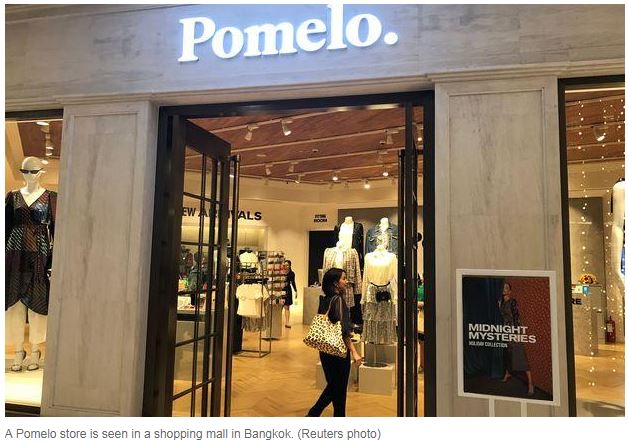Thailand: Keeping up with the consumers
The changing lifestyles and preferences of consumers are causing financial distress to many retailers who refuse to reinvent their stores. Traditional retailers are under intense pressure from the rapid transformation of the retail industry.
Today, consumers want to maximise their shopping experience with minimal effort and maximum convenience. To meet consumers’ high expectations, big players are adopting new strategies and technologies to expand their market share in this evolving period of the industry.
For instance, 7-Eleven launched Speed-D to battle against start-up logistics service providers. This one-day delivery service allows customers to send or collect goods from any 7-Eleven stores nearby at any time.
Central Food Retail group also launched the “Tops Box” application at Tops Daily Singha Complex to serve the emerging cashless society and digital-savvy customers.
While retailers are all trying to establish an online presence, some online retailers are embracing the reverse online-to-offline (O2O) strategy and expanding physical stores.
Alibaba has a physical supermarket format in China called Hema and Lazada launched their physical pop-up stores in Singapore and Malaysia, allowing consumers to experience products before buying them online, operating in a similar way to Alibaba’s cashless stores in China.
Amazon has Amazon Go and is doubling down on mobile-driven omnichannel shopping experiences but is struggling to deliver the same level of convenience that traditional retailers can harness.
In Bangkok, Pomelo Fashion, the JD.com-backed online fashion retailer, opened their fifth physical store at the new Iconsiam to reach new customers and boost brand awareness. Their click-and-collect model allows customers to order items online and try them on in their stores before purchasing.
Despite the challenges in the global retail market, the planned future supply in Thailand has continued to grow with some megaprojects in the pipeline.
Now, there is about 1.4 million sq m of retail space under construction or being planned from future retail and mixed-use projects in Bangkok.
With growing competition from e-commerce and future supply, the challenge for landlords is how to stay relevant.
Digital technology is undeniably impacting the traditional retail infrastructure, but this does not mean that it is game over for physical stores. Technology is facilitating the creation of new shopping experiences that integrate digital insights with physical reinforcement. Only the innovative retailers will survive this retail revolution.
Source: https://www.bangkokpost.com/business/news/1616326/keeping-up-with-the-consumers


 Thailand
Thailand




